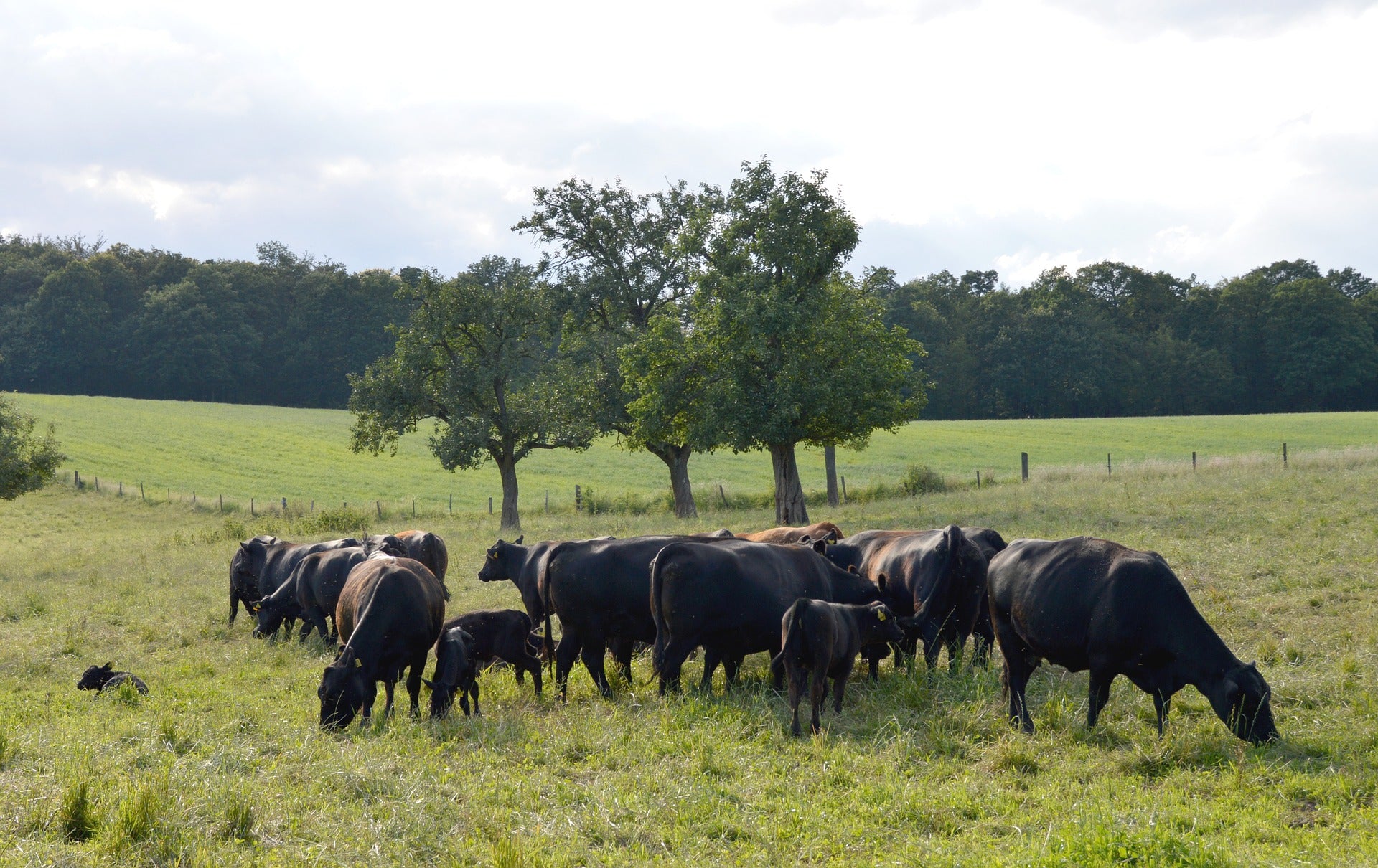Over the past several weeks it has been mentioned that high levels of cortisol can wreak havoc on a cow’s immune system. Just as in people, cortisol can set into motion all sorts of systemic issues that can be hard to reverse. Careful management practices can go a long way toward helping your cattle avoid stressful situations and in turn have stronger immune systems.
What is Cortisol?Cortisol is the main hormone released during stressful events. When there are high levels of cortisol in the system, immunity, in general, can be compromised. It has been widely noted that stress is associated with higher fail rates compared to any other factor (aside from inappropriate storage or incorrect use/administration) when considering the numbers for vaccination program failures. Dr. Rob Callan states in his paper titled “The Limitations of Vaccines“: “Many management factors can limit the effectiveness of vaccination including nutrition, environmental conditions, exposure to disease, and vaccination administration. Protein, energy, minerals, and vitamins are all required to develop and maintain a strong immune system. Specific vitamins and minerals associated with optimal immune function include vitamin A, vitamin E, selenium, copper, and zinc. Harsh or stressful environmental conditions can have significant detrimental effects on immune function. In addition, crowding and poor sanitation increase the exposure to infectious agents which can overcome even high levels of immunity. These factors contribute to the increased disease rates associated with climate changes, weaning, herd expansion, shipping or other changes in animal management.” How Does This Affect Vaccine Efficacy?Vaccines work by taking a pathogen and weakening, altering or killing it to trigger an immune response in the body. By imitating the disease and infection process (typically asymptomatically in healthy individuals), the body is fooled into believing that an infection is present. The immune system then produces antibodies and T-lymphocytes that attack and create defenses against the isolated pathogen. Because the immune system has a sort of innate “memory,” it stores the primed T-lymphocytes for the next time the body encounters the disease. A compromised or suppressed immune system will not be able to adequately produce immunity-building cells, resulting in a weak or nonexistent defense. Cortisol, the main stress hormone, works by suppressing the immune system against perceived threats. Obviously, as this occurs, it will be difficult if not impossible for a cow’s body to develop its immunity to the proper levels to prevent infection in the face of an outbreak. The only real way to ensure a vaccine program’s efficacy is to administer vaccinations at the right time and to the most healthy animals possible. Related Posts How to Secure Your Herd Health for Vaccination Efficacy Herd Handling Techniques and Their Effects on the Immune System |





